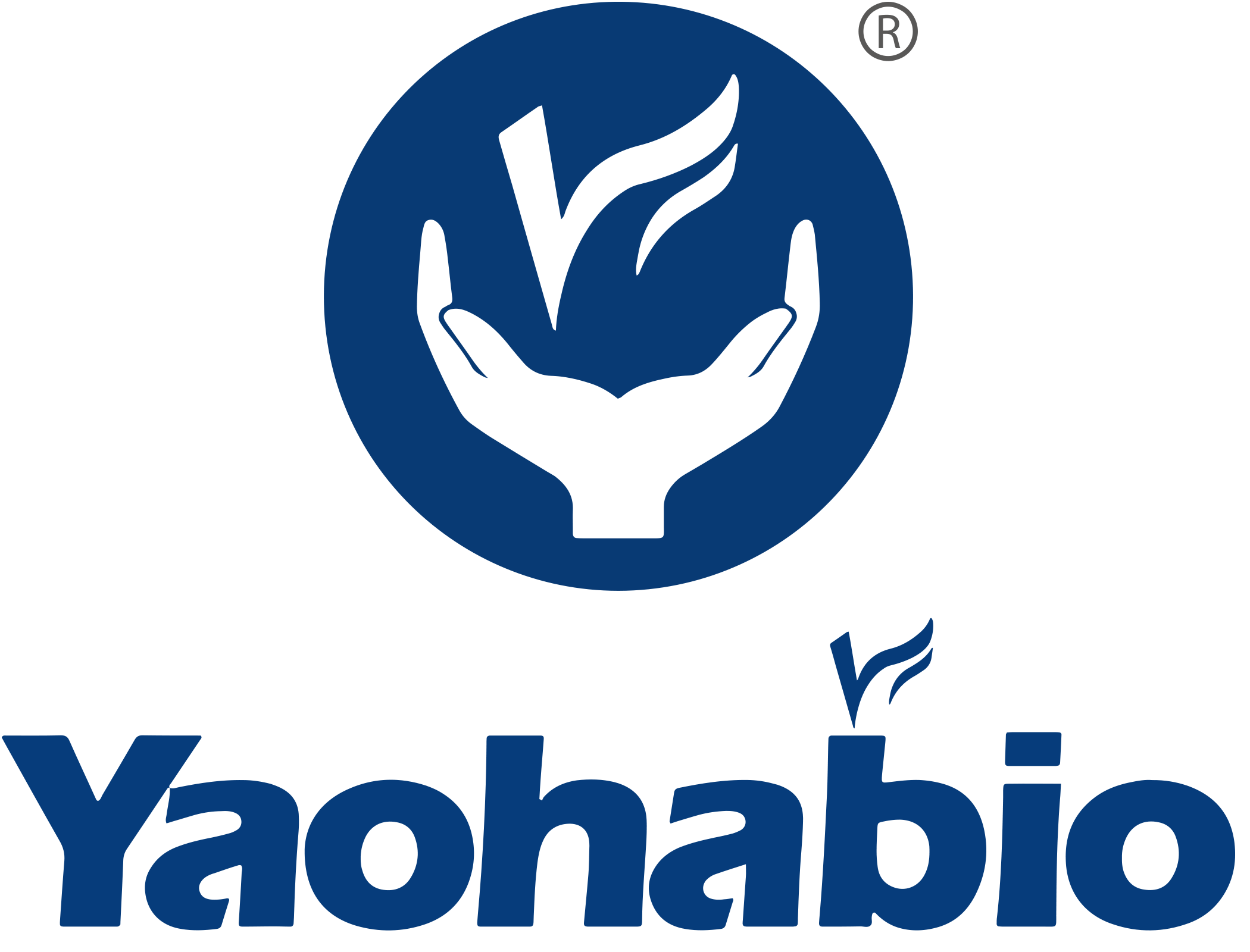Serum albumin is commonly referred to as blood albumin. It is an albumin (a type of globular protein) found in the blood of vertebrates. Albumins are usually present in blood plasma, and its difference from other blood proteins is that they are not glycosylated. Human serum albumin is encoded by the ALB gene, while other mammalian forms, such as bovine serum albumin, have similar chemical properties.
If there is no albumin as a crucial substance for maintaining the oncotic pressure needed for proper distribution of body fluids between blood vessels and body tissues, the high pressure in the blood vessels would force more fluids out into the tissues. By non-specifically binding to several hydrophobic steroid hormones, it can serve as plasma carriers and also used as a transport protein for hemin and fatty acids. Excessive or insufficient circulating serum albumin can be harmful.
Serum albumin is widely distributed in mammals.
Human serum albumin (HSA) is a type of serum albumin found in human blood. As the protein with the highest content in human plasma, it accounts for about half of serum protein. It is also a highly water-soluble globular monomeric plasma protein. Its relative molecular weight of 67 KDa, and its composition consists of 585 amino acid residues, one sulfhydryl group and 17 disulfide bridges.
Bovine serum albumin (BSA or "Fraction V") is a type of serum albumin derived from cows that is often used as a protein concentration standard in laboratory experiments. The precursor polypeptide of BSA has a total length of 607 amino acids and18-residue signal peptide at the N-terminus. Another 6 amino acids are cleaved to produce mature BSA protein containing 583 amino acids.
Feline serum albumin (FSA) is a type of albumin derived from cats. It contains single polypeptide with 584 amino acids. According to reports, FSA has high sequence homology with canine serum albumin (CSA), while its dynamic changes are similar to those of HSA and BSA.
Canine serum albumin (CSA) is a type of albumin derived from dog. It contains single polypeptide with 584 amino acids. It is suitable for treating hypovolemic shock or hypoalbuminemia, regardless of its etiology. Canine albumin treatment applies to dogs.
Recombinant Serum Albumin
Although serum albumin is purified from the blood of humans, cows, and other animals, the use of products derived from animals still has disadvantages such as immunogenicity, difficulty in obtaining sufficient supply, and contamination risks. The advancement of recombinant DNA technology has made it possible for microorganisms to produce various types of serum albumin, such as HAS, BSA, FSA, and CSA. Illustrative examples of the microbial host include bacterial (Escherichia coli, Bacillus subtilis), and yeast (Pichia pastoris, Saccharomyces cerevisiae).
Yaohai Bio-Pharma Offers One-Stop CDMO Solution for Recombinant Albumin

 EN
EN
 AR
AR
 HR
HR
 CS
CS
 DA
DA
 NL
NL
 FI
FI
 FR
FR
 DE
DE
 EL
EL
 IT
IT
 JA
JA
 KO
KO
 NO
NO
 PL
PL
 PT
PT
 RO
RO
 RU
RU
 ES
ES
 SV
SV
 IW
IW
 ID
ID
 LV
LV
 LT
LT
 SR
SR
 SK
SK
 SL
SL
 UK
UK
 VI
VI
 ET
ET
 HU
HU
 TH
TH
 TR
TR
 FA
FA
 AF
AF
 MS
MS
 BE
BE
 MK
MK
 UR
UR
 BN
BN

